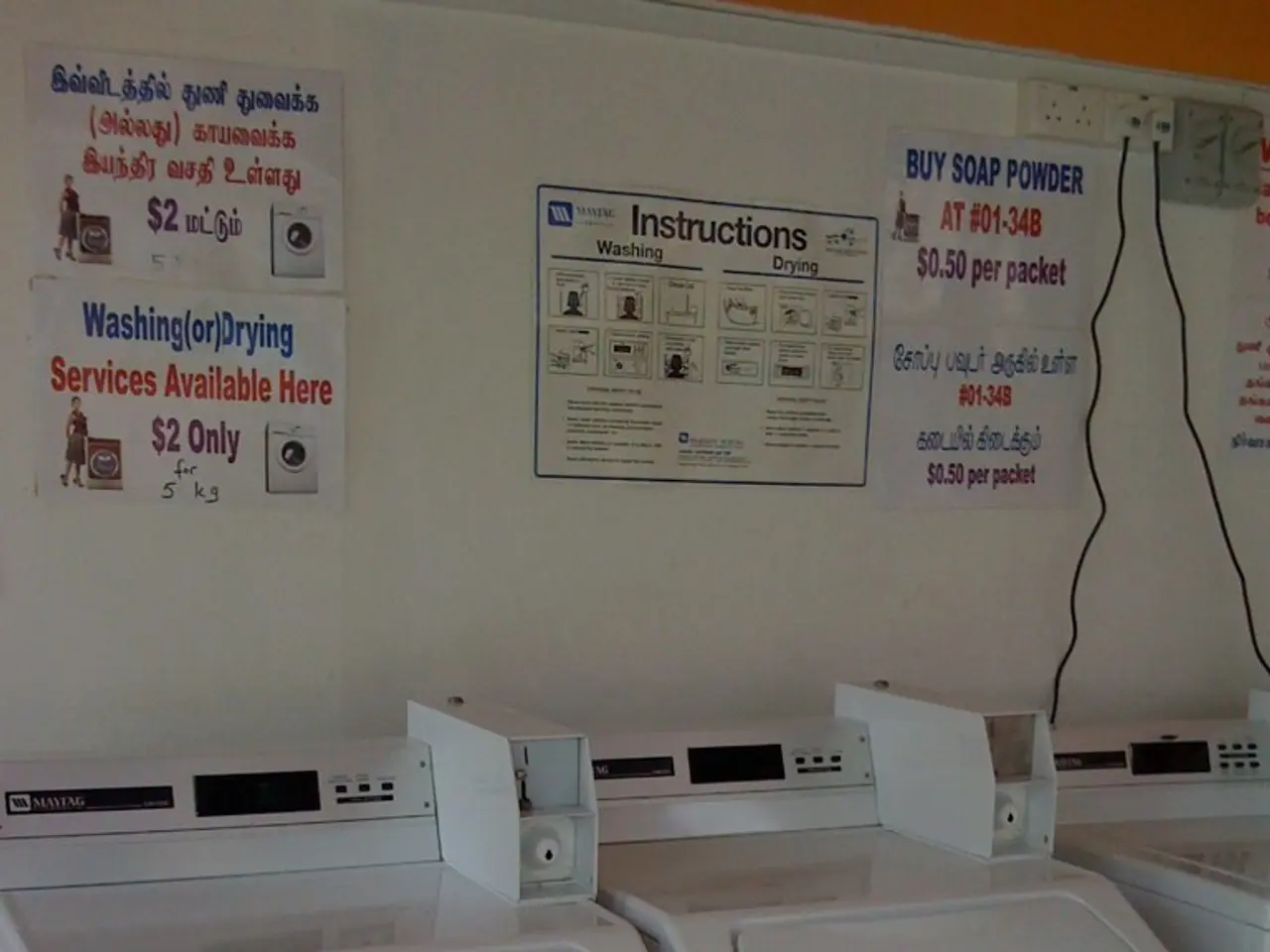United States initiates softening of economic restrictions on Syria
U.S. Suspends Syrian Sanctions for Economic Recovery and Stability
Washington, D.C. - The U.S. government announced on Monday the suspension of sanctions against Syria, with the aim of promoting new investments and fostering peace and stability in the war-torn country. Finance Minister Scott Bessent made the announcement.
President Donald Trump revealed last week during his Middle East trip that the U.S. would lift all sanctions on Syria. The new Syrian leadership, following the ousting of long-time ruler Bashar al-Assad, is striving to rejoin the international community and has been urging the removal of all sanctions that were imposed during the prolonged brutal civil war under Assad.
The suspension of economic sanctions will pave the way for fresh investments and financial services, as well as transactions associated with oil or oil products originating from Syria, the U.S. Treasury Department elucidated. Transactions with the new Syrian government, transitional president Ahmed al-Sharaa, the Syrian central bank, and other banks will be permitted.
Transactions benefiting Russia, Iran, or North Korea remain prohibited. Additionally, doing business with individuals or companies that have previously been subject to sanctions and have not been explicitly exempted remains forbidden.
U.S. Secretary of State Marco Rubio expressed that the suspension of further sanctions for 180 days is aimed at ensuring that sanctions do not hinder U.S. partners from making investments aimed at promoting stability in Syria. These suspensions will facilitate the provision of electricity, energy, and water, and enable more effective humanitarian aid in Syria, Rubio added.
"In line with President Trump's promises, the Treasury Department and the State Department are implementing licenses to encourage new investments in Syria," Bessent stated. The continuation of Syria as a peaceful and stable country remains a priority, Bessent continued.
The suspension of sanctions comes as uncertainty regarding Syria's future stability remains, given the interim government's ability to meet U.S. expectations for counterterrorism cooperation, the removal of foreign terrorist fighters, chemical weapons destruction, and the protection of minorities.
This move by the U.S. is a calculated attempt to facilitate Syria's economic recovery and stabilize the country by encouraging a political transition under the new interim government. While offering economic opportunities and a potential path toward peace, the measure remains conditional and reversible, contingent on Syria meeting critical security and governance benchmarks.
- The suspension of sanctions against Syria by the U.S. government is aimed at promoting business investments and financial services, as part of a strategy for economic recovery and stability in the war-torn country.
- The new Syrian leadership is striving to rejoin the international community and has been urging the removal of sanctions, including those in the finance and business sectors, that were imposed during the civil war.
- Transactions with the new Syrian government and Syrian banks, as well as transactions associated with oil or oil products originating from Syria, will now be permitted under U.S. laws, but transactions benefiting countries like Russia, Iran, or North Korea, as well as transactions with previously sanctioned individuals or companies not explicitly exempted, remain prohibited.








